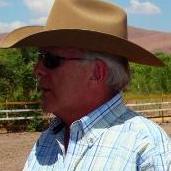History And Historicity In The Book Of Mormon---Gardner
-
Recently Browsing 0 members
- No registered users viewing this page.
-
Similar Content
-
Hypothetical Holiday Inn Missionary Work 1 2
By nuclearfuels,
- missionary work
- book of mormon
- (and 2 more)
- 29 replies
- 582 views
-
Ken Live Blogs Conference ... Again! 192nd Annual General Conference 1 2 3
By Kenngo1969,
- 192nd annual general conference
- general conference
- (and 2 more)
- 58 replies
- 1,878 views
-
- 111 replies
- 5,193 views
-
- 242 replies
- 11,686 views
-
- 12 replies
- 951 views
-





Recommended Posts